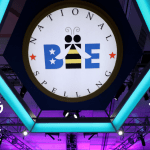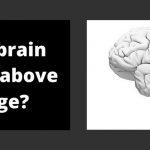Pass This Basic Coronavirus Spelling Drill
Are you confident in your spelling skills when it comes to the coronavirus? Test your knowledge with our basic coronavirus spelling drill quiz! This quiz will challenge you to spell common coronavirus-related terms, such as "quarantine," "pandemic," and "symptoms."
As the world continues to grapple with the ongoing pandemic, it's important to stay informed and educated about the virus. By taking this quiz, you can not only test your spelling skills but also learn more about the coronavirus and its impact on our daily lives.
Whether you're a student, a healthcare professional, or simply someone who wants to stay up-to-date on the latest coronavirus news, this quiz is for you. So, what are you waiting for? Take the quiz now and see if you can pass this basic coronavirus spelling drill!
Remember, spelling may seem like a small detail, but it can make a big difference in how we communicate about the virus. By mastering these basic coronavirus-related terms, you can help ensure that you're accurately conveying information and staying informed about the latest developments in the fight against COVID-19.
1. What is Pass This Basic Coronavirus Spelling Drill?Pass This Basic Coronavirus Spelling Drill is an online spelling quiz that tests your knowledge of coronavirus-related terms and vocabulary. It is designed to help you improve your spelling skills and increase your understanding of the coronavirus pandemic.
2. How does Pass This Basic Coronavirus Spelling Drill work?Pass This Basic Coronavirus Spelling Drill presents you with a series of multiple-choice questions related to coronavirus terminology. You will be asked to select the correct spelling of each term from a list of options. The quiz is timed, so you will need to answer each question quickly and accurately to achieve a high score.
3. Who can benefit from Pass This Basic Coronavirus Spelling Drill?Pass This Basic Coronavirus Spelling Drill is suitable for anyone who wants to improve their spelling skills and increase their knowledge of coronavirus-related terminology. It is particularly useful for students, healthcare professionals, and anyone who wants to stay informed about the latest developments in the coronavirus pandemic.





